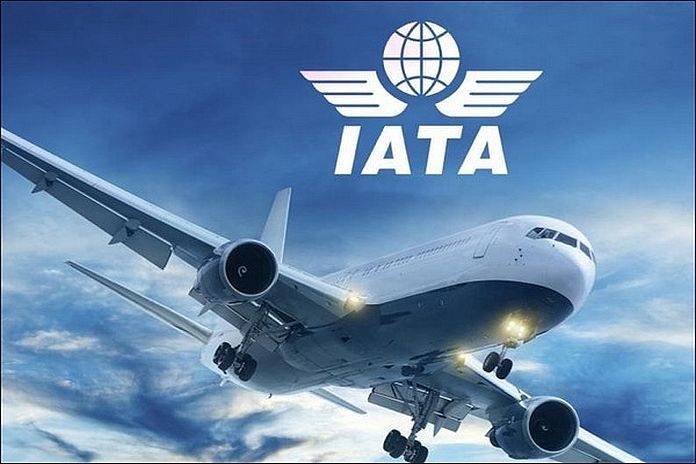GENEVA, Switzerland – The International Air Transport Association (IATA), in partnership with Airlines for America (A4A) and 28 US and international aviation and travel and tourism stakeholder groups, urged the US government to remove the pre-departure testing requirement for fully vaccinated air travelers flying to the US.
The vaccinated traveler population adds no additional risks to the domestic US population. Increased immunity levels, the pervasiveness of COVID-19 in all 50 US states, rising vaccination rates and new therapeutics, all point to removing the testing requirement for fully vaccinated travelers.
“The experience of Omicron has made it clear that travel restrictions have little to no impact in terms of preventing its spread. Moreover, as Omicron is already broadly present across the US, fully vaccinated travelers bring no extra risk to the local population. International travelers should face no additional screening requirements than what is applied to domestic travel. In fact, at this stage of the pandemic, travel should be managed in the same way as access to shopping malls, restaurants or offices,” said Willie Walsh, IATA’s director-general.
More than 74.3 million people – meaning at least 22 percent of the US population – have had COVID-19, and that is almost certainly an undercount owing to asymptomatic infections and limited testing early in the pandemic. When combined with an adult population that is 74 percent fully vaccinated, it is clear that the US is developing very high levels of population immunity.
The organizations also noted that the EU has recommended that its member states remove COVID-19 travel restrictions for travel within the EU, and the United Kingdom has announced the removal of COVID-19 pre-departure testing for vaccinated air travellers to enter the country. The UK concluded that the cost to both passengers and airlines of the testing mandate could no longer be justified as there was no evidence the regime protected the population from COVID-19.
Recent research by Oxera and Edge Health in Italy, Finland, and the UK all support the conclusion that travel measures do little to control the spread of COVID-19 when it is already broadly present in the local population. The studies found that, if implemented at a very early stage, travel restrictions may at best delay the peak of a new wave by a few days and marginally reduce the number of cases.





